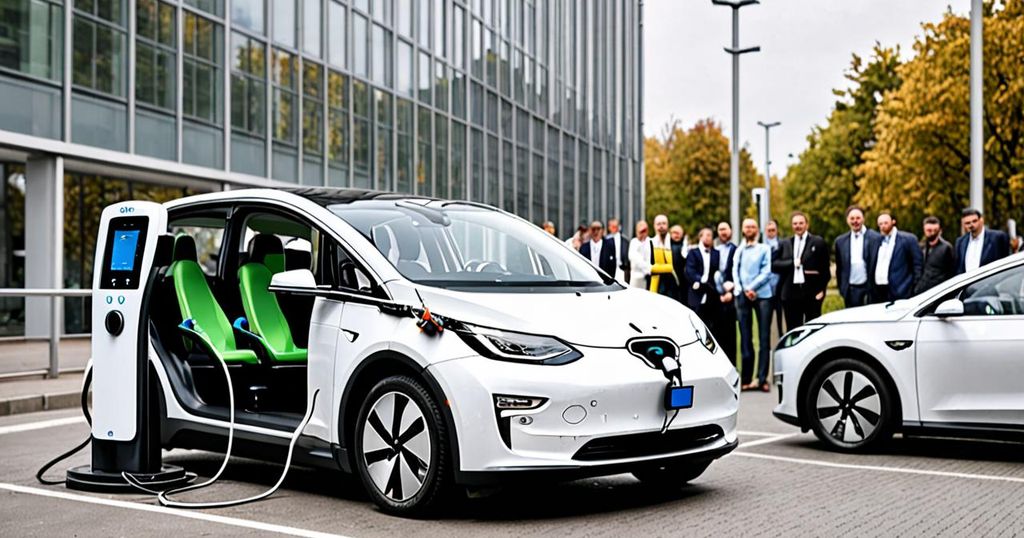Indonesia’s prominent land transport operators have demonstrated a strong inclination towards embracing energy-efficient electric vehicles (EVs) despite the prevailing obstacles such as a lack of infrastructure and high costs. A recent webinar spearheaded by leading taxi company Blue Bird, long-standing public bus operator Damri, municipally-owned city bus operator TransJakarta, and electric bus distributor Bakrie Autoparts brought to light the increasing enthusiasm for EVs in the transportation sector.
Prayoga Wiradisuria, the electric vehicle project leader at Blue Bird, underscored the rapid proliferation of electric vehicles in the future during the webinar. As the first Indonesian transport operator to adopt electric vehicles, Blue Bird currently operates 29 of them, procured from Chinese BYD and American Tesla brands. Prayoga articulated that the decision to invest in and operate EVs involved meticulous deliberation and strategic planning, and the expansion of EV usage as taxis in Jakarta is expected to serve as a catalyst for other companies to follow suit.
While the interest in EVs is palpable, the successful integration of electric vehicles into Indonesia’s transportation industry would require supportive government regulations, particularly in terms of import duties, electricity tariffs, and the availability of charging stations.
On the other hand, Damri is in the initial stages of acquiring electric buses, as confirmed by managing director Setia Milatia Moemin. Despite the setback caused by the Covid-19 outbreak, the company has remained resolute in its endeavor to introduce electric buses into its fleets. A business evaluation conducted by Damri revealed that despite entailing significant initial expenses, EVs are anticipated to yield long-term profits. However, Setia underscored the significance of government support in formulating inter-ministerial regulations to facilitate the adoption of electric buses.
President Joko Widodo’s decree from the previous year, which aimed to expedite the utilization of electric vehicles in public transportation, has already laid the groundwork for change. In line with this, TransJakarta has initiated a three-month road trial of electric buses along one of its busiest routes, with plans for further expansion. Furthermore, Bakrie Autoparts, as the exclusive distributor of electric buses manufactured by Chinese automaker BYD Auto, has ventured into the EV business to address the environmental concerns associated with emissions from combustion vehicles.
Dino A. Ryandi, the president director and CEO of Bakrie Autoparts, underscored the significance of Indonesia’s commitment to the Paris Accord on Climate Change, which aims for at least 23% of the country’s public transportation to utilize renewable energy sources by 2025. Additionally, he highlighted BYD’s extensive expertise in EV production and its support for technology transfer policies, which would enable the local production of electric vehicles using primarily Indonesian parts. However, Dino stressed that it would be crucial to establish clear ministerial regulations in addition to the presidential decree to facilitate the comprehensive expansion of electric vehicles in the country.
In conclusion, the escalating interest of Indonesia’s land transport operators in electric vehicles signifies a noteworthy transition towards sustainable and energy-efficient transportation systems. Despite numerous challenges, the industry’s collective dedication to harnessing EV technology in public transportation, alongside requisite government backing, represents a promising step towards achieving a more eco-friendly and modernized transportation landscape in the country.

Leave a Reply